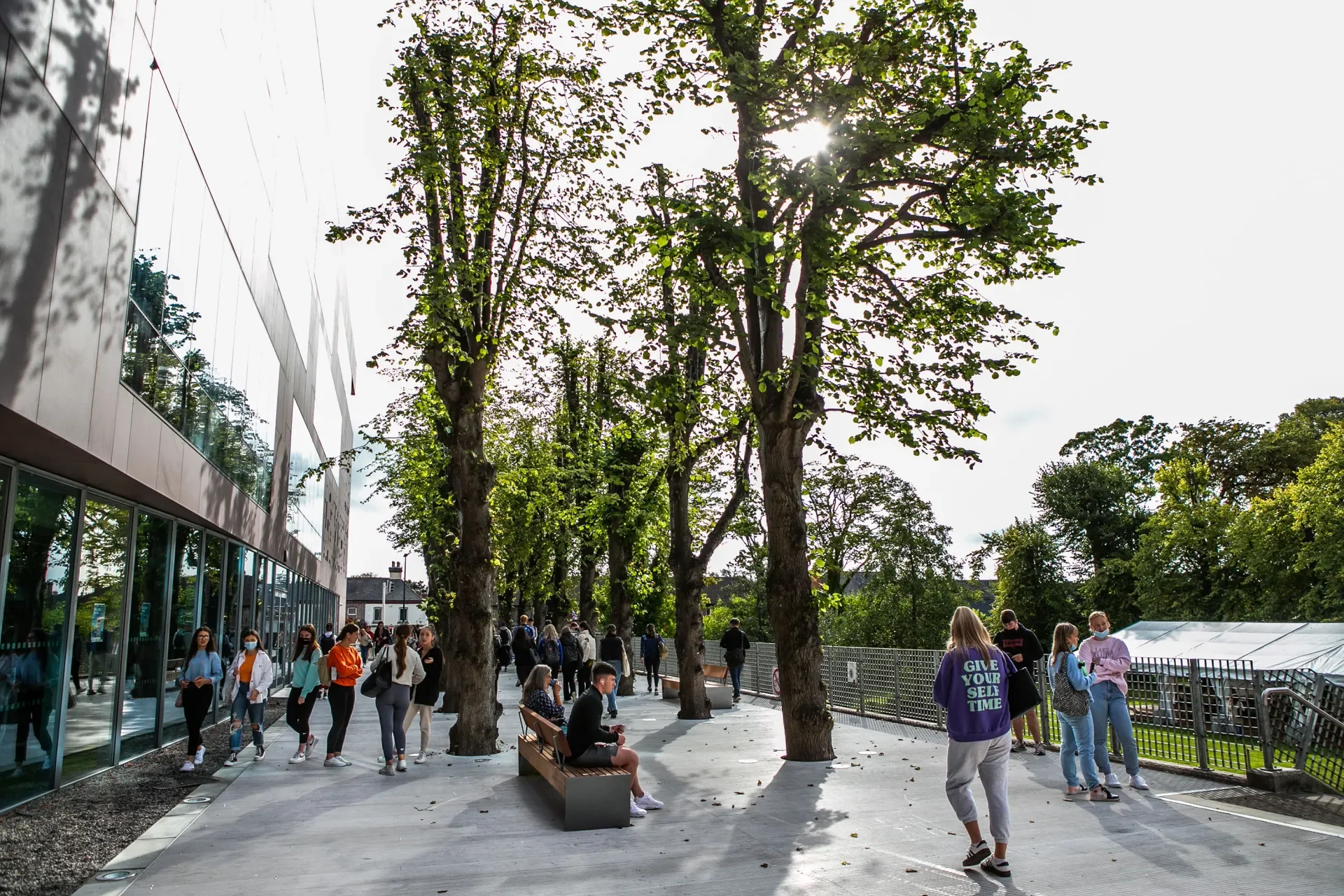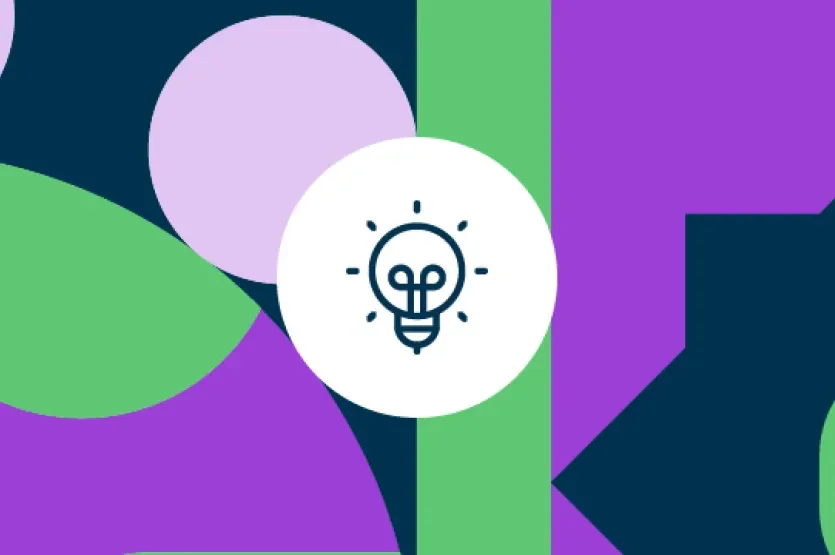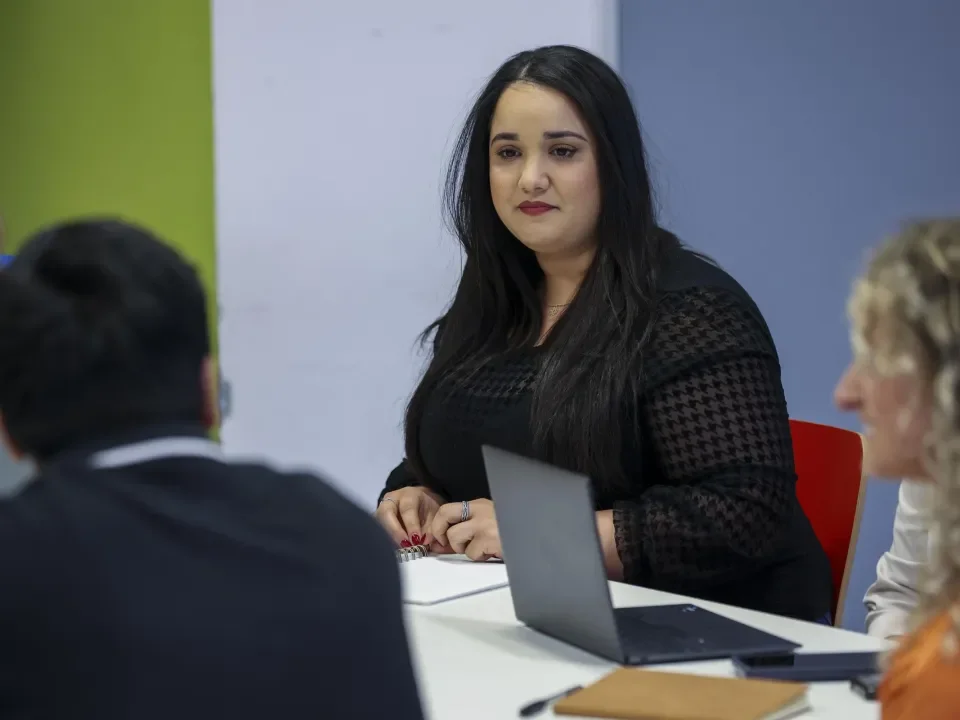Overview
This part-time programme is centred around three core areas: understanding the development of language and literacy learning; identifying and assessing specific learning difficulties and dyslexia; and managing curriculum-based interventions and evidence-based practice and support.
Gain skills to work at home or abroad
Throughout your study, you’ll explore the current conceptualisation of dyslexia and basic psychometrics concepts. You’ll also learn how to complete literacy assessments in reading, writing and spelling, and how to create a personalised support and intervention programme.
The programme is accredited by the British Dyslexia Association (BDA), and you’ll be eligible for internationally-recognised associate membership of the BDA (AMBDA) on completion of the course. You’ll also be awarded an Assessment Practising Certificate.
As a graduate, you’ll be sought after for roles in dyslexia assessment and specialist teaching at home and abroad, as well as disability support positions at third-level institutions.
Why DCU
DCU People
Careers & Further Options
Careers
On successful completion of the professional requirements of the MEd SpLD/Dyslexia programme (90 ECTS), candidates are eligible to apply for Associate Membership of the British Dyslexia Association (AMBDA) certification.
With AMBDA status, the dyslexia specialist teacher is internationally recognised to undertake dyslexia assessment and specialist teaching.
"DCU graduates are highly sought after by employers. Our Graduates work in environments ranging from large multinationals to SMEs, family businesses and start-ups across every sector.
DCU Careers Service has a number of learning and development initiatives in place for our students, giving them the skills they need for a successful career path."
Entry Requirements
This programme is run on a cyclical basis, with the next intake in September 2025.
Applications will be welcomed from primary teachers, post-primary teachers and other professionals in the education community who have completed registration with the Teaching Council. Applicants are required to have a Honours degree with a minimum of H2.2 with at least 3 years work experience in education/teaching.
Candidates are expected to have good grounding and understanding of literacy and dyslexia. Standard entry procedures with disabilities apply.
Due to the specialist nature of this programme, additional criteria may be used to assess suitability to undertake this programme. For further information, please contact the Programme Chair using the contact details above.
International Applications
International candidates are expected to have educational qualifications of a standard equivalent to those outlined above. In addition, where such candidates are non-native speakers of the English language they must satisfy the university of their competency in the English language. For further information on international applications click here.
Primary and post primary applicants must be registered with the Teaching Council of Ireland.
Programme Structure
The programme aims to build capacity in schools in the area of SpLD/Dyslexia and to develop teachers who would be expected to:
- Select, administer and interpret detailed diagnostic assessments and use appropriate psychometric tools
- Effectively identify and use appropriate strategies, interventions and approaches to support learners with Dyslexic-type difficulties
- Provide expert advice to parents and professionals in different settings and at all levels
- Support mainstream teachers, contribute to the effective working of multi-disciplinary teams and lead a multi- disciplinary team
In the first year of M Ed SpLD/Dyslexia students focus on theories and models of language and literacy development; and the identification of learning differences underpinning specific learning difficulties.
They reflect on their own practice and build experience in evaluating programmes and methods to support the development of literacy across the curriculum. Students also undertake literacy assessments in reading, writing, spelling, mathematics, and create an individualised support and intervention programme.
In the second year students gain a critical understanding of diagnostic assessment using standardised assessment tests and develop professional expertise in assessing students and in writing professional reports containing recommendations for intervention. They complete a Professional Practice Portfolio (PPP) based on in-depth assessments, analysis and learner support. An action research element is an integral part of Year 2 as students develop professional expertise and leadership in the area of SpLD/Dyslexia in their school or work contexts.
Fees and Funding
Fees
How To Apply
All applicants must:
Apply through DCU's Student Application Portal which is available here. Here's a quick step by step guide if you need help with your application.
- Provide Academic Transcripts for each and every year of study with English translation, if applicable.
- Provide a 500-750 word (max.) personal statement stating why you want to undertake this course.
- A CV highlighting relevant professional experience.
- Students will be required to undertake diagnostic assessment of individual learners over the course of the programme. You must be able to confirm that you have access to learners at (a) primary OR (b) post-primary OR (c) further education level for the duration of the course.
- Upload Teaching Council Confirmation of Registration and number.
- If applicable, provide evidence of competence in the English language as per DCU entry requirements. Please see link http://www.dcu.ie/registry/english.shtml.
Additional Information
Candidates are required to have a minimum Level 8 qualification in education (H2.2 or higher).
You need to have access to students/learners who have ongoing reading/writing difficulties - either in your own school or in your educational setting. At least three pupils/students with ongoing difficulties in the area of literacy will be needed (for assessment purposes, detailed planning in the area of literacy, and teaching).
Specialist teaching is an integral part of M Ed SpLD and this includes a total of 30 hours of evaluated, individual and/or small group teaching throughout the programme (twenty hours in year one, ten in year two where possible). Students are visited by a tutor who holds AMBDA and receives feedback on assessments, lesson planning and literacy interventions.
As the number of places in this course is limited, it may not be possible to admit all qualified applicants. If there are more applicants than available places, a selection process will be undertaken by the Programme Chair and Head of School whereby the following criteria will be considered.
Relevance of previous undergraduate and postgraduate qualifications
Experience of working with learners who have dyslexia/literacy difficulties
Engagement with relevant professional development in the area of language and literacy
Application Deadlines:
- Closing date for EU applicants is 30th May 2025.
- Closing Date for Non EU applicants is 30th May 2025.
Application Queries
For EU applicant queries, please visit https://www.dcu.ie/registry/eu-postgraduate-taught-admissions or email postgraduateadmissions@dcu.ie
For non EU applicant queries, please visit https://www.dcu.ie/registry/international-admissions-undergraduate-and-postgraduate or email internationaladmissions@dcu.ie
Life On Campus
At DCU, our students can expect a unique campus experience. We are known for our excellent teaching and learning facilities, our active clubs and societies, and our great social and sporting facilities. All this makes DCU an exciting place to be.
DCU has three academic campuses; Glasnevin, St. Patrick’s and All Hallows (both in Drumcondra), all close to Dublin City centre.
They can be reached by public transport, Dublin Bus and Bus Éireann, with our Drumcondra campuses a ten minute walk from Drumcondra Train Station. Glasnevin is a 20 minute walk from St Patrick’s and All Hallows. They are also linked by Dublin Bus.
Each campus has a library (O’Reilly, Cregan and Woodlock Hall), study spaces, restaurants, and on-campus residencies. There are sports facilities on Glasnevin and St. Patrick’s, and there is a dedicated sports campus, St Claire’s, located near Glasnevin on the Ballymun Road.
DCU’s 19,000 students have access to exceptional teaching and learning facilities across our three academic campuses.
These include modern learning theatres, research centres, a new media and TV studio, radio/podcast studios, computer suites and advanced labs in the areas of Languages, Engineering, Physics, Chemistry and Biotechnology, as well as a Sports Performance centre and a training hospital ward. In 2021, we opened our first virtual reality ‘Leadership Lab’, which is located in our Business School.
We continue to improve and update our facilities. For example, construction of a new world-class STEM facility is underway on the Glasnevin campus. With capacity for an extra 3,000 STEM students, this facility will advance DCU’s international reputation for excellence in science and health, computing and engineering disciplines.
Studying in DCU isn’t just about course work. The university is rich in student life and activities.
There are more than 140 clubs and societies for students in DCU, with ‘Clubs & Socs’ days taking place on both the Glasnevin and Drumcondra campuses at the start of the academic year. They span everything from rugby to rock climbing, anime to jazz.
For many students, sport is an important part of the DCU experience. DCU’s Sports Complex boasts a 25 metre swimming pool, fitness centre gym, all-weather pitches and squash courts, as well as soccer, GAA and rugby pitches. DCU Dóchas Éireann, the university’s GAA club, is the largest third level Gaelic Games club in the country. Meanwhile, DCU Athletics has been Ireland’s highest achieving university club for many years. And DCU has dozens of other clubs to get involved in, from Archery to Weightlifting.
The Glasnevin campus is home to our purpose built, state-of-the-art student centre, The U, which serves the needs of a rapidly growing student body. Here, you will find the Student Leadership and Lifeskills Centre, performing arts and cultural spaces for students and the wider community, and the Entrepreneurship and Innovation Hub. Also located on our Glasnevin campus is The Helix, our renowned performing arts centre.
On our St Patrick’s campus, we have the Java Student Hub, a vibrant, warm and welcoming space where students can meet for coffee, play music, use the projector to watch events, or just relax. The walls of the Java Hub were designed based on the cultural history of St Patrick’s Campus, including the special references to the notable sporting history and history of the arts.
We have a number of academic, professional and social supports for students.
Student Advice & Learning Skills Centre - Offers a wide range of supports and services to students and advice
The Writing Centre - drop-in writing workshops for students through the academic year
Maths Learning Centre - provides maths support for students of all ability levels with maths modules
Student Learning - facilitate the transition from passive to active learning for students at DCU, by teaching study skills, nurturing critical thinking and building student confidence.
Careers work with students to help them on their professional journey into graduate employment.
Our student support team offers a comprehensive support programme, helping students make that all important transition into university life and focusing on building confidence and skills which are key to success at third level.

DCU St Patrick's Campus
FAQs
What qualifications will I receive upon completion of this course?
In addition to a Level 9 masters qualification, completion of this course provides you with the AMBDA/APC international qualifications. These qualifications recognise the holder’s ability to undertake the assessment of dyslexia. Schools and learners can use them for RACE applications and to inform intervention strategies. However, admission to specialist reading schools and classes in Ireland still requires an educational psychologist’s report, as per their admissions policies.
What is the workload like e.g. number of session per week?
In terms of teaching time, there are 1 or 2 online sessions every week of term. These last for approximately 2 hours. There are up to 3 weekend sessions every term as well. Two of these are face to face in St Patrick's Campus (Drumcondra) and take place on a Friday evening (6PM-8:30PM) and on Saturday (9AM-4PM). The third weekend is a Saturday which is held online. Students do independent work around this (and their own) teaching schedule.
When is the next intake for this course?
Our next intake for this course will be in September 2025.
What courses are offered by the DCU Institute of Education?
DCU Institute of Education brings together students of education and provides a rich menu of undergraduate courses across all sectors from early childhood, to primary and post-primary and further and higher education. We offer a range of taught and research postgraduate courses at doctoral, masters, diploma and certificate level and have a distinguished record in providing continuing professional development.
Is there Garda vetting for students who study DCU Institute of Education courses?
Garda vetting is required for all students who have unsupervised access to children and vulnerable adults as part of their studies at DCU. Applicants must successfully pass the Garda vetting process in order to complete the registration process.
What are the potential teaching pathways for primary, post-primary and further education and training offered by DCU?
Primary Teaching Pathways
Undergraduate*
Postgraduate**
- Professional Master of Education (Primary Teaching) - DC970
* Please ensure that you consult minimum entry requirements and CAO points for all undergraduate programmes
** Please ensure that you consult minimum entry requirements for all postgraduate programmes
Post-Primary Teaching Pathways
Undergraduate*
- Bachelor of Religious Education & English or History or Music - DC010 | DC011 | DC012
- Bachelor of Education in Gaeilge and French or German or Spanish - DC013
- Bachelor of Education in Technology, Engineering and Graphics - DC015
- Bachelor of Science (Hons) in Science Education - DC203
- Bachelor of Science (Hons) in Physical Education with Biology - DC205
- Bachelor of Science in Physical Education with Mathematics - DC206
Postgraduate**
- Professional Master of Education (Post-Primary Teaching) - DC905
* Please ensure that you consult minimum entry requirements and CAO points for all undergraduate programmes
** Please ensure that you consult minimum entry requirements for all postgraduate programmes
Further Education and Training Teaching Pathways
Undergraduate*
- BSc (Hons) in Education and Training (Further, Adult and Continuing Education) - DC235
* Please ensure that you consult minimum entry requirements and CAO points for all undergraduate programmes









